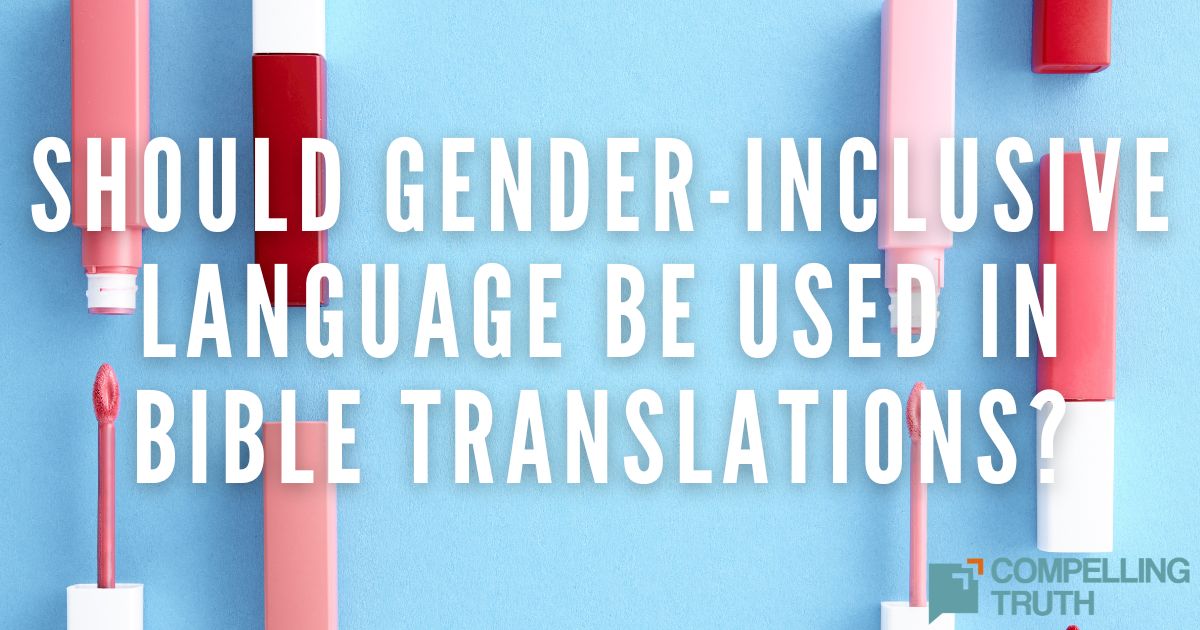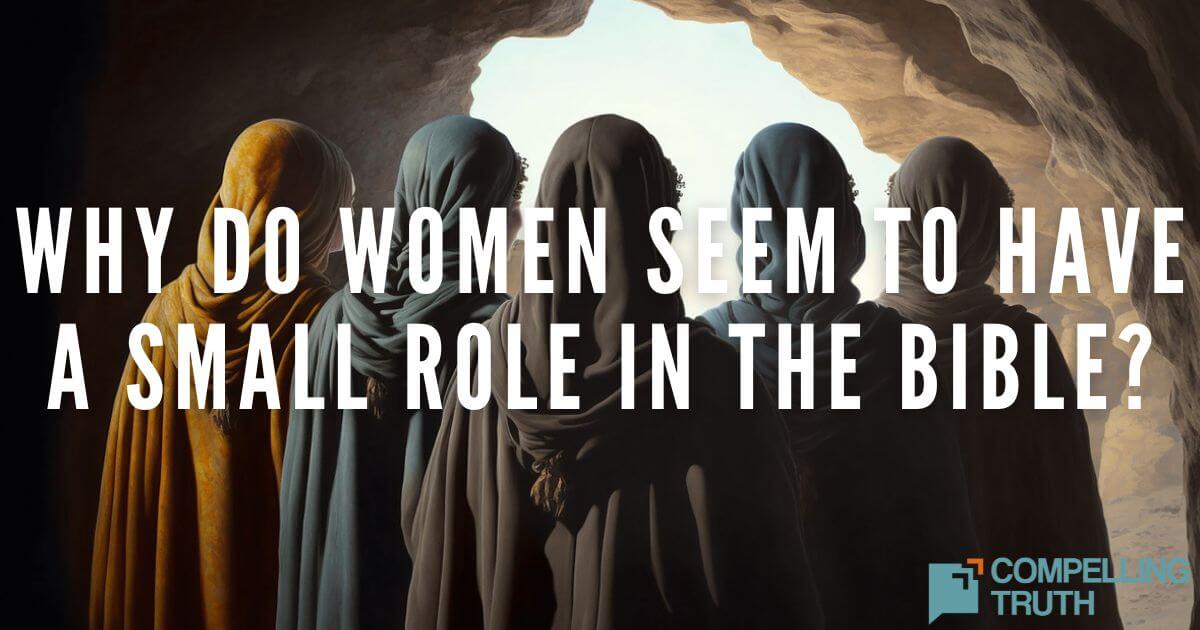From beginning to end, the Bible presents a masculine perspective. Readers can decide if women are included in a specific passage by considering the surrounding context to determine if the intended meaning of a word is men or both men and women.
Some passages specifically address men. For example, in Acts 7:2, Stephen is speaking to the Sanhedrin and refers to them as "brothers and fathers." In this case, brothers and fathers is literal because the Sanhedrin was male-only.
On the other hand, Galatians 3:26 refers to "sons of God" or "children of God." That "sons" refers to both men and women is clarified in verse 3:28 when it says there is no distinction in the faith between male and female. Both men and women are children of God through Jesus Christ.
Context matters. Getting a ride from a stranger is risky. . . unless you’ve called an Uber. Sharing your bank account information could be unsafe . . . unless it’s with your employer for direct deposit. Context also matters in the Bible. Not every instance of “man,” “men,” “brother,” or other masculine reference actually refers to a man. Sometimes, in context, it means humankind.
How does this impact how we share the gospel? In our evangelism, believers should make it clear that the Gospel is for anyone who places their faith in Jesus as Savior. The apostle Paul wrote that we are all one in Christ, regardless of ethnicity, social status, gender, or by implication, any other external factor in our lives (Galatians 3:28).
When the context of a Bible passage supports it, switching from masculine words to generic words can enhance understanding. The New International Version (NIV) and New Living Translation do this. The Bible is clearly written for both men and women.




